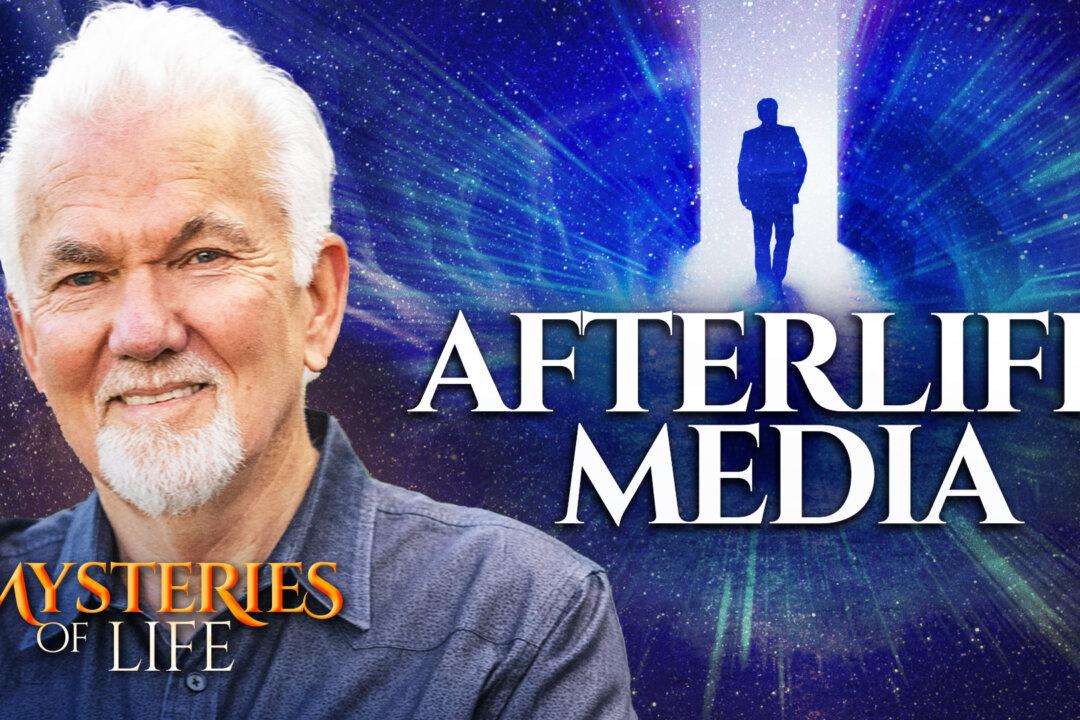Texas doctors are treating two young siblings for the same condition as British baby Charlie Gard, who passed away today after a global debate about his care.
Annabelle Elder, 5, and Blair Elder, 6, were diagnosed with mitochondrial disease several years ago. They are set to start experimental therapy—which Charlie was denied by a U.K. court—in the next few weeks, according to ABC7.
Charlie’s parents wanted him to undergo an experimental treatment in the United States, but Britain’s nationalized healthcare system denied them that option, imposing a view that the baby should die with dignity rather than suffer through a treatment that may not work.
A court battle ensued and gained global attention, with Pope Francis offering sympathetic words for the parents and President Donald Trump offering Charlie entry into the United States to try the treatment.
As the legal challenge dragged out, Charlie’s health deteriorated and his parents, Connie Yates and Chris Gard, gave up the fight.






